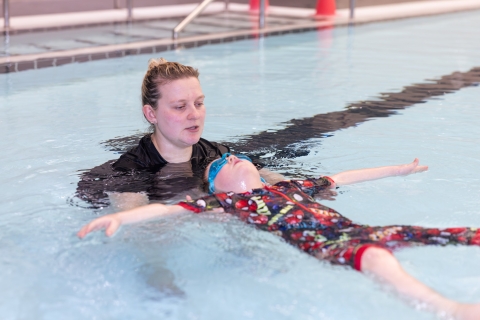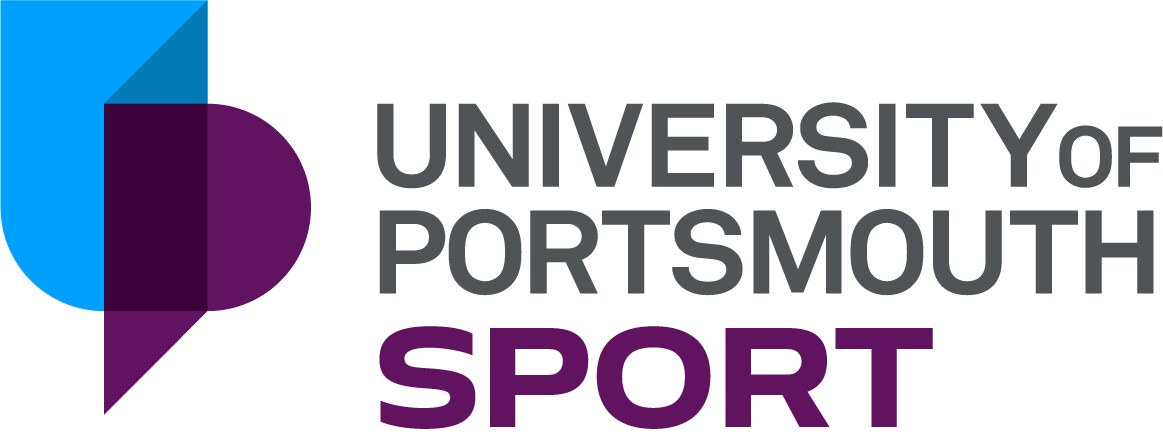

Anyone can drown, no-one should. Learn the simple, actionable ways to boost your chances.
Today marks World Drowning Prevention day, an event recognised across the globe to highlight the tragic and profound impact of drowning. Anyone can drown; no one should.
As the sun pops its head out, which we’re thankful it’s done many times this summer, people flock to the water to cool off. While the air temperature is often high, water temperature in the UK often doesn’t rise much above 15 degrees in the summer. When you consider UK cold tap temperature ranges between 10 and 20 degrees, it’s safe to consider this cold.
In the UK, around 400 people accidentally drown each year, which equates to one person dying every 20 hours, and around half never intended to enter the water. About 60 per cent of people who die on immersion in cold water do so in the first minutes due to cold shock. The risk is further increased if the individual thrashes about or attempts to swim at this time.
Simple, actionable advice can make a substantial difference in survival rates for inexperienced swimmers and experienced swimmers overcome by the conditions.
Find Your Float
Find Your Float is the National Water Safety Forum’s campaign for World Drowning Prevention Day 2025. This year, we’re encouraging as many people as possible to learn a lifesaving skill – the science-backed self-rescue technique of floating.
The University of Portsmouth's Extreme Environments Lab (EEL) completed the research in 2024, aiming to reduce the number of drowning incidents worldwide by putting the latest safety guidance to the test.
Professor Mike Tipton MBE, co-founder of the University’s EEL, said: “Simple, actionable advice can make a substantial difference in survival rates for inexperienced swimmers and experienced swimmers overcome by the conditions. By improving floating competence and confidence, we can also better equip people to handle unexpected immersion in water.”
If you get into trouble in the water, knowing how to float can save your life. But we all float differently. By practising how to float in a safe and supported environment, you can learn what floating looks and feels like for you, helping you to be better prepared for an emergency situation.
How to Find Your Float
By practising how to float at your local swimming pool, lifeguarded beach or supervised open water swimming venue, you’re better prepared for what to do in an emergency.
- Tilt your head back with your ears submerged.
- Relax and try to breathe normally.
- Move your arms and legs to improve stability.
- Don’t worry if your legs sink; we all float differently.
- When the initial shock has passed, shout for help or swim to safety if you can.
To increase your confidence even further, our swimming lessons for children and adult swimming lessons provide confidence in the water and regularly practice these skills in lessons. Our lessons aren’t just for those looking to swim faster; they’re raising awareness of how your body can feel or react in water.
Childrens swimming lessons
Learn lifelong skills, learn how to float and be water confident.
Reacting in an emergency
As highlighted earlier, around half of those who drown each year never intended to enter the water. While in Ravelin Sports Centre we have a track record of life-saving, with our lifeguards on hand at all times to ensure your safety and defibrillators poolside, at reception and on the first floor. Those who enter the water outside of commercial pools can be at risk of drowning and will often suffer from respiratory issues and may suffer cardiac arrest as a result. If you find yourself in difficulty without immediate help, it can be useful to know CPR.
Learn CPR in 15 minutes
Many of us, will witness a cardiac arrest in our lifetime. The British Heart Foundation (BHF) offer free training with RevivR, which you can do in your own home. RevivR is the BHF’s free, interactive, online CPR training course. In just 15 minutes, you can learn how to save a life and receive your very own CPR certificate.
Why learn CPR with RevivR
CPR (Cardio Pulmonary Resuscitation) is an emergency lifesaving procedure, performed when the heart stops beating, often called a cardiac arrest. It is necessary to save the life of someone in cardiac arrest. Each year, over 30,000 people have an out-of-hospital cardiac arrest in the UK. Less than 1 in 10 survive. Giving CPR promptly and using a defibrillator can more than double someone’s chance of survival.
Learning CPR with RevivR is free, simple and convenient. All you need is a cushion and your phone or tablet. During the training, you will be asked to allow the app access to your camera so it can give you feedback during the CPR Practice. Ensure you have a pillow there to practise your chest compressions on.
Students Save Lives
As part of the University of Portsmouth Restart a Heart Project, we will be delivering in-person CPR skills training to customers starting in September. Look out for more information about dates and times over the next month.

